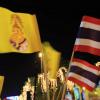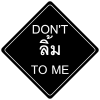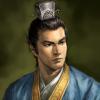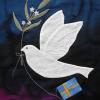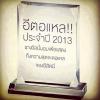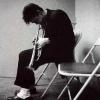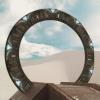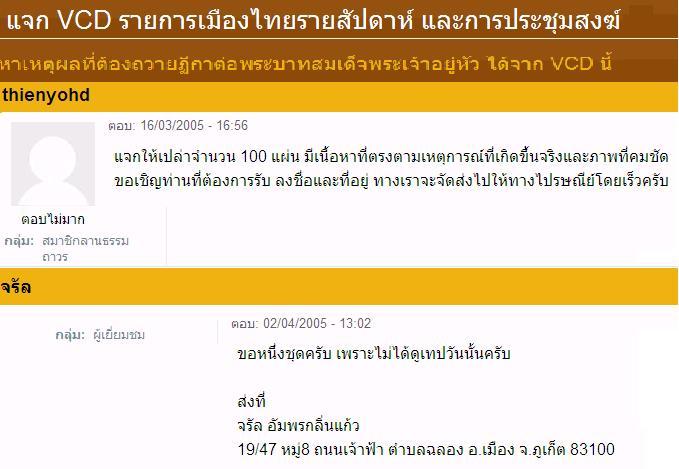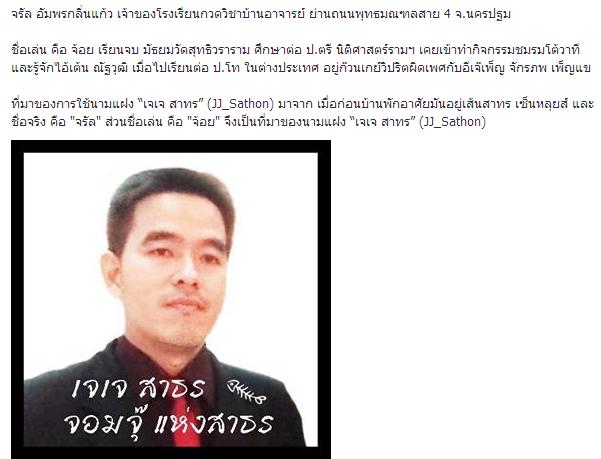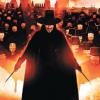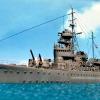ผมมองว่าเรื่องตะโกนในโรงหนังเป็นเรื่องไร้สาระ เพราะเป็นเรื่อง minor incident in history ถึงเเม้มีกลุ่มคนที่พยายามบิดเบือนประวัติศาสตร์ ถึงขนาดตั้งให้ธิดาเป็นกรรมการคุรุสภา สาระหลักเเนวคิดทางการเมืองของประชาธิปัตย์ทร่ไม่ควรถูกบิดเบือนด้วยระบบขี้ปาก
ทําไมต้องเป็นประชาธิปัตย์ เพราะประชาธิปัตย์เป็นพรรคที่มีเเนวคิดก้าวหน้าเเบบอนุรักษ์นิยม ซึ่่งยืนข้างสถาบัน ซึ่งตรงข้ามกับพวกเเม่ง มันเลยยัดเยียดข้อหาต่างๆ รวมทั้งอิงเผด็จการเป็นเครื่องมือหากิน
ต่อจากความเห็นที่ 31 เครดิต David Wyatt , The Military Ascendant, 1932 - 1957
The Thamrong government was further weakened by the fact that the by-elections held in August 1946 to fill the expanded lower house (under the new constitution) eroded Pridi’s party’s control to a bare majority, which by early 1947 had disappeared as members defected from the majority party to their rivals. The legislature was falling into uncontrollable chaos, which took an ominous turn when a number of politicians were murdered. Meanwhile, Pridi had returned from abroad anxious to promote anticolonial solidarity among Southeast Asian nationalists. To this end, he founded the Southeast Asia League in September 1947. From the last years of the war, the Free Thai had had close working relations with anti-French and anti-Japanese groups in Cambodia, Laos, and Vietnam, and these connections had broadened with the rise of Pridi to power in the immediate postwar period. By 1947, The Indonesian, Lao, and Vietnamese nationalist movements had information and arms-porcurement offices in Bangkok, and there even a Mon separatist organisation. Many, but especially the Thai military, believed Pridi had communist connections. Rumors spread that
Pridi has been about to establish a Siamese republic as a cornerstone for a South East Asia Union; that radio orders had been intercepted and documents found bearing out these contentions; that agents were on their way to Switzerland to murder King Bhumipon; and that an arms cache, including many Russians weapons,had been discovered at he house [Thong-in Puriphat], one of Tamrong’s Ministers-arms indubitably intended for the communist revolution.
The cold war, whether as actual subversion or only as exaggerated fears, had come to Bangkok; and it is difficult to discern to what extent the army was acting our of cold war fears or in order, as they said, to restore order and direction to a stumbling civilian, democratic government. But act they did. On 8 November 1947, army troops seized the government, no longer styling themselves the People’s party but simply the Coup Group. Pridi briefly lay hidden and then, with the assistance of the British and American naval attaches and a Shell Oil tanker, was spirited out of the country. After three weeks’ hesitation, during which Phibun and the active instigators of the coup-Luang Katsongkhram, Lieutenant-General Phin Chunhawan, Colonel Phao Siyanon, and Colonel Sarit Thanarat-Realized that Thailand risked international disapproval or worse if army officers and especially Phibun ran the government, the army installed the hapless Khuang Aphaiwong as prime minister and for a time maintained the 1946 constitution.
อันนี้สําคัญ
The Khuang government began well, by appointing an unusually well-qualified and experienced cabinet while preparations were made for new national elections.The army and police, however, undertook a program of rooting out leftists, which was aimed particularly at Pridi’s old supporters, Free Thai activists, and ultimately opposition politicians, especially those from the northeast. In election in January 1948, Khuang’s democrat party won a slim majority of seats in the assembly, while a party organised by Phibun performed dismally. Phibun and Coup Group sat back for three months and watched as the Democrats and Khuang extended their control and prepared to draft a new constitution that would further eclipse the military. Finally, threatening the use of military force again, they made Khuang resign, and Phibun became prime minister on 8 April 1948- four years since Khuang had taken over from him late in the war.









